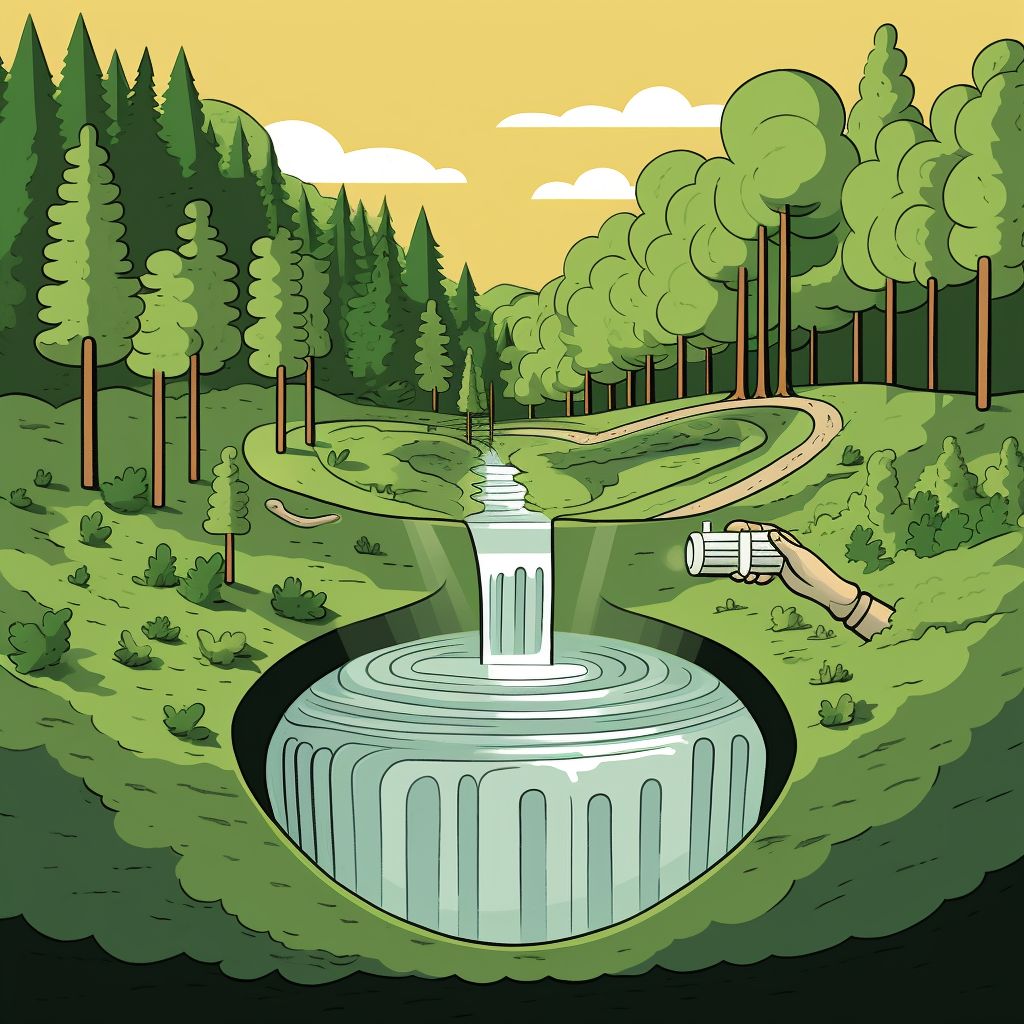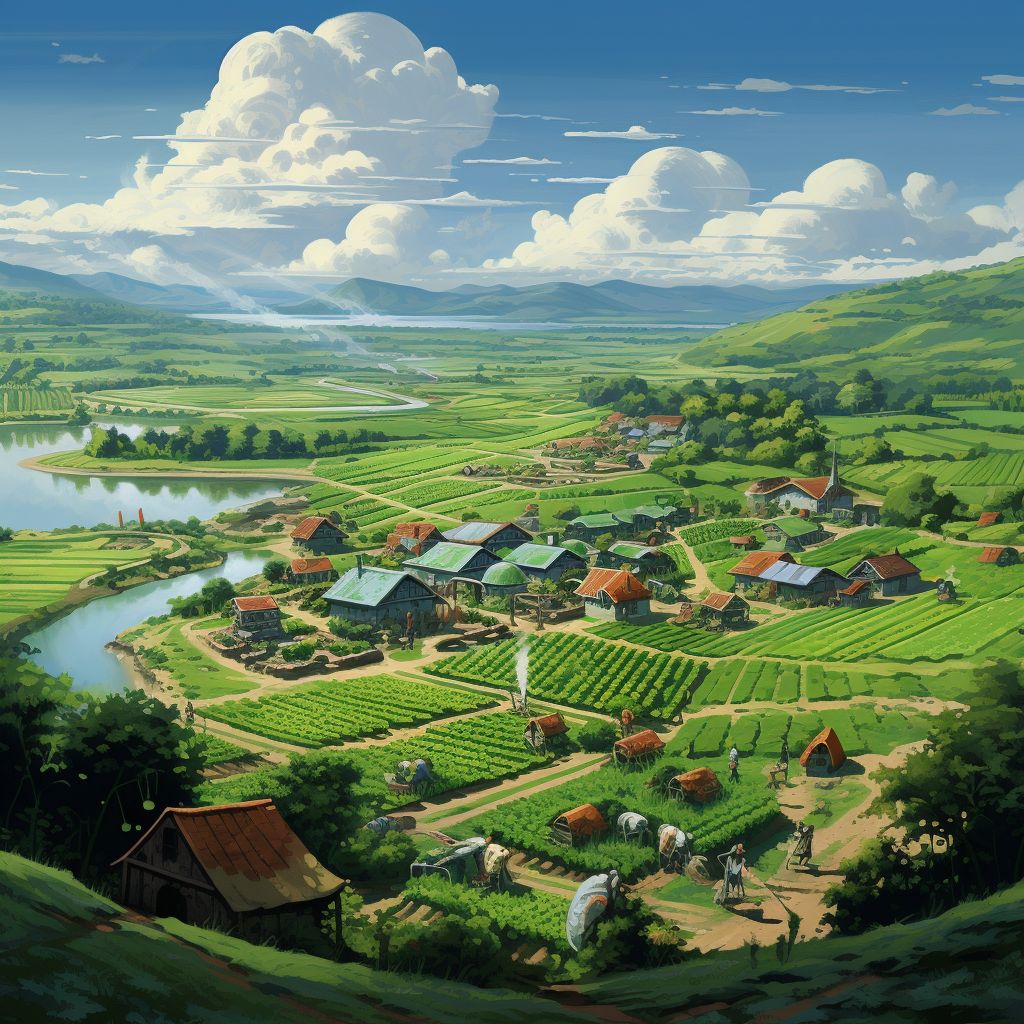The Department of Water and Sanitation (DWS) has recently released a weekly state of reservoirs report for 03 July 2023, which contains encouraging news about the stability of dam levels in the Mpumalanga Province. The report shows that most dams in the Lowveld and Ehlanzeni regions remained unchanged, with only minor fluctuations in the Gert Sibande and Nkangala districts.
Steady Dam Levels in Mpumalanga
The average dam levels in Mpumalanga remained constant at 98.1%, indicating an improvement compared to the same period last year. The report also provides a detailed analysis of water levels in the Olifants Water Management Area (WMA) and the Inkomati-Usuthu WMA, which experienced slight dips from the previous year but are still higher than the recorded levels in the previous year.
District-Specific Water Levels
Ehlanzeni and Nkangala districts recorded minor fluctuations, with Ehlanzeni’s water levels decreasing slightly from 99.9% to 99.8%, and Nkangala’s water levels increasing slightly from 99.5% to 99.6%. The water levels in Gert Sibande remained unchanged at 96.3%.
Dam-Specific Water Levels
Among the dams listed in the Lowveld and Ehlanzeni District, three dams, Driekoppies, Longmere, and Ohrigstad, experienced a decline in water levels, while the rest retained their stable levels. Similarly, Grootdraai Dam in Gert Sibande district recorded an improvement in water levels, while other dams in the district reported a decline in water levels. In the Nkangala District, except for Rhenosterkop/Mkhombo Dam, most dams experienced a drop in water levels.
Collective Responsibility for Water Conservation
The DWS reminds the public of South Africa’s water scarcity and the collective responsibility to conserve and use water wisely. While the report highlights the overall stability of dam levels in Mpumalanga Province, it also emphasizes the importance of water conservation for long-term water security.
The report on stable dam levels in Mpumalanga serves as an example of how responsible water management and conservation can yield positive results. By maintaining this attitude and nurturing it, South Africa can work towards securing a sustainable future in terms of water resources.








